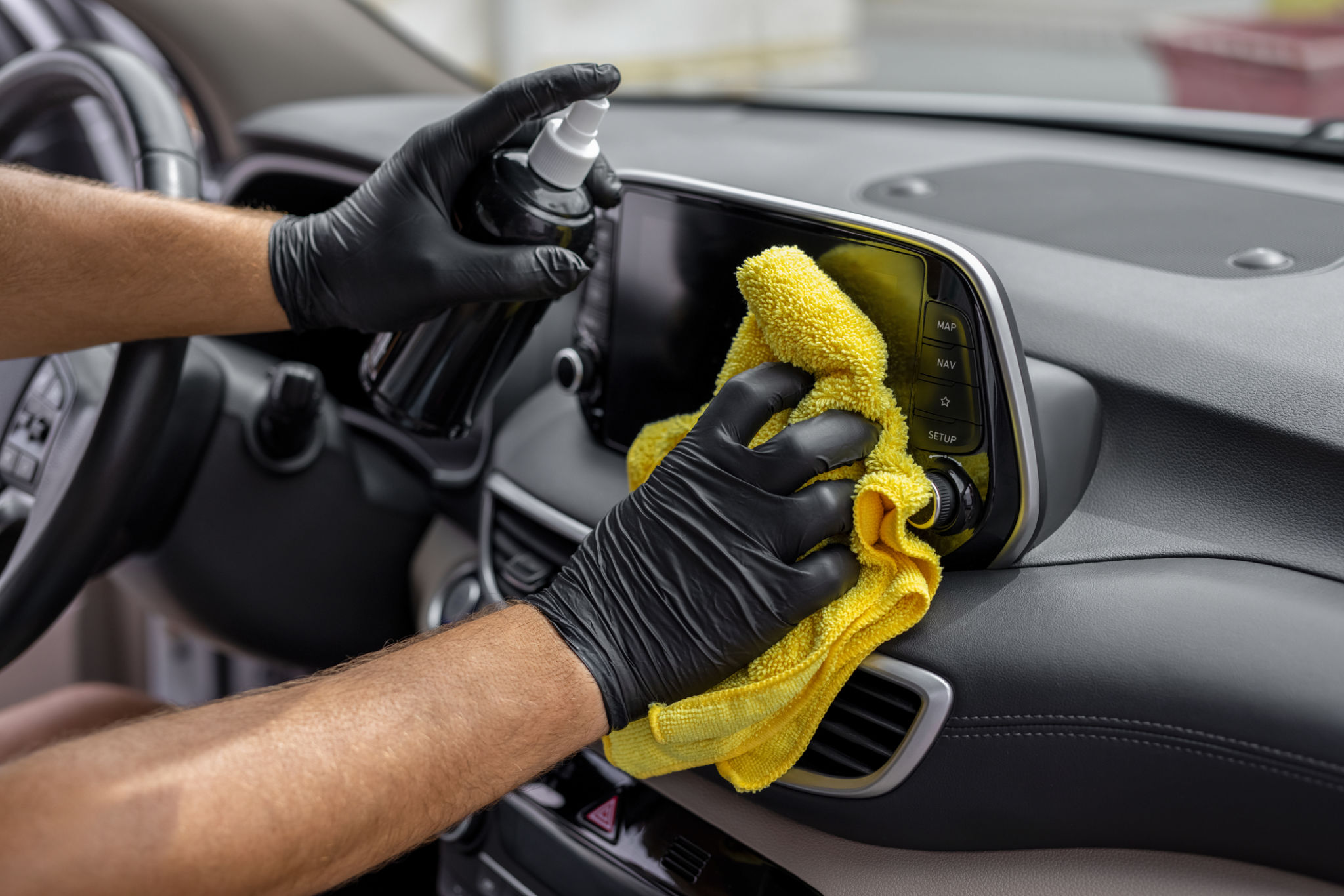Paint Correction vs. Ceramic Coating: Which is Right for Your Car?
Understanding Paint Correction
When it comes to maintaining your car's pristine appearance, paint correction is often a go-to solution. Paint correction refers to the process of removing imperfections from the vehicle's paintwork, such as swirl marks, scratches, and oxidation. This process involves using machine polishers and special compounds to restore the paint's original finish.
Paint correction is ideal for car owners who notice their vehicle's paint looking dull or marred by minor surface damage. It's a meticulous process that can significantly improve the overall look of your car, making it appear almost brand new.

The Benefits of Paint Correction
Opting for paint correction has several benefits. Firstly, it enhances your vehicle's aesthetic appeal by restoring the paint's shine and gloss. Secondly, it increases the car's resale value by presenting a well-maintained appearance. Lastly, it prepares the surface for any additional protective measures you might want to apply, such as waxing or ceramic coating.
Exploring Ceramic Coating
Ceramic coating is a protective layer applied over your car's paintwork. Made from a liquid polymer, this coating chemically bonds with the factory paint, creating a layer of protection. Unlike wax or sealants that sit on the surface, ceramic coatings offer a more durable shield against environmental contaminants.
This solution is perfect for car owners looking for long-term protection. The coating provides resistance against UV rays, chemical stains, and even minor scratches. It also makes cleaning much easier, as dirt and grime have a harder time adhering to the surface.

The Advantages of Ceramic Coating
One of the primary benefits of ceramic coating is its longevity. While traditional waxes may last only a few months, ceramic coatings can last several years with proper maintenance. Additionally, ceramic coatings enhance the gloss and depth of your car's paint, providing an eye-catching finish.
Another significant advantage is the ease of maintenance it offers. With a ceramic-coated vehicle, washing becomes less frequent and less labor-intensive, as most contaminants easily slide off the surface.
Choosing Between Paint Correction and Ceramic Coating
Deciding between paint correction and ceramic coating largely depends on your goals and the current condition of your vehicle's paint. If your car's paint has noticeable imperfections, starting with paint correction is advisable to restore its original beauty before applying any protective coating.

However, if your car's paint is in good condition and you're looking for long-term protection against environmental elements, ceramic coating might be the better option. It's important to remember that these two processes can complement each other. Many car enthusiasts choose to combine them, starting with paint correction followed by ceramic coating for optimal results.
Conclusion
Both paint correction and ceramic coating offer unique benefits that cater to different needs. Paint correction is a fantastic way to rejuvenate your vehicle's appearance by addressing existing flaws. On the other hand, ceramic coating provides superior protection and ease of maintenance for a flawless finish that lasts.
Ultimately, the choice between the two should be based on your specific needs and how you envision maintaining your car's appearance over time. Consider consulting with a professional detailer to assess your vehicle's condition and receive tailored advice on which option best suits your requirements.